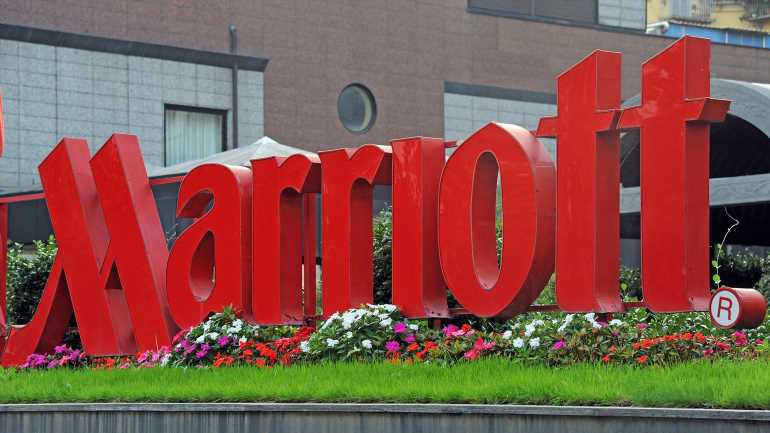Could Marriott settlement be the end of resort fees?
Whither resort fees? That is the question on the minds of consumer advocates, hotel industry observers and guests following Marriott International’s settlement with the Pennsylvania attorney general’s office that requires the company to include resort fees in the advertised room rate.
After an investigation into the practice of “drip pricing” — fees above the stated rate that are only gradually disclosed as consumers go through the booking process or even revealed only when checking in — Pennsylvania attorney general Josh Shapiro believed Marriott was in violation of consumer protection laws. Instead of filing charges, the attorney general agreed to a settlement in which Marriott committed to prominently disclosing the total price of a hotel stay, including room rate and all other mandatory fees, on the first page of its booking website as part of the total room rate.
“Hotels shouldn’t be able to slap hidden fees on top of your bill at the last minute, and thanks to this settlement we’re putting the hotel industry on notice to put an end to this deceptive practice,” Shapiro said in a statement. “Marriott has stepped up to commit itself to fix this practice, and we expect more hotel chains to follow suit.”
For now, the settlement only pertains to Marriott and the way rates are detailed on its own website, but critics of resort fees are celebrating the development after nearly a decade of challenging the practice as deceptive and illegal and hoping momentum has finally shifted in their favor.
Charlie Leocha, president of consumer advocacy group Travelers United, has been fighting against resort fees since 2012. The organization filed a lawsuit in the Superior Court of the District of Columbia against MGM Resorts International earlier this year regarding mandatory fees, including charging resort fees during times when Covid-19 protocols left many of the services included in the fee unavailable.
“Our jaws just dropped when we heard about the settlement. It’s what we’ve been looking for for years,” he said. “Now, we’ll see how Marriott follows up. We’ll be watching very carefully to see if they look for some way to slip through the agreement. Hopefully, Marriott will be a leader in the industry, and we hope others will fall in line behind them.”
In addition to the Travelers United case against MGM, the attorney general of Nebraska has ongoing litigation against Hilton regarding the disclosure of resort fees. And in Washington, D.C., a hearing is still on the docket in March in yet another attorney general’s lawsuit against Marriott, suggesting the Pennsylvania settlement will not end the company’s legal headaches.
NerdWallet travel expert Sally French said resort fees have long been an irritant for travelers, and she has personally booked rooms in Las Vegas that were advertised at $100 and eventually discovered that fees and taxes brought the final price closer to $200.
“That’s really challenging for the consumer, and this has been a long time coming,” French said. “Almost any travel blog you read will have complaints about resort fees. My parents recently went to Hawaii and were surprised at check-in with a resort fee, and they were really frustrated.”
“Resort fee” is somewhat of a misnomer, Leocha said, and over the years hotels in a range of destinations have enacted mandatory fees that he believes are similarly deceptive and unethical.
“Even Motel 6 is charging extra fees, but they call it a cleaning fee,” he said. “You go to New York and the hotels charge you a ‘destination fee.’ We see these all as mandatory fees. If the hotel controls it, they charge for it, and they require you to pay it every night. It should be included in the room rate.”
French said Marriott’s move could help build trust with new and existing customers, and she expects the change to cascade to other brands.
“The hotel companies are always looking at what the other is doing,” she said. “When Covid-19 struck, once one changed its cancellation policy or extended loyalty benefits, the others did the same. There is no doubt that with Marriott being such a leader in the hotel industry, if they are more transparent with resort fees, their competitors will also make pricing more transparent.”
Cornell hospitality professor David Sherwyn said the Marriott settlement could signify that the cost-benefit analysis among hospitality companies is shifting — the damage of lawsuits and sparking guest ire with surprise charges is beginning to outweigh the profit incentives. But he also cautioned that service fees at country clubs, stadiums and other venues have also been challenged in court for more than a decade but have yet to disappear.
Source: Read Full Article





